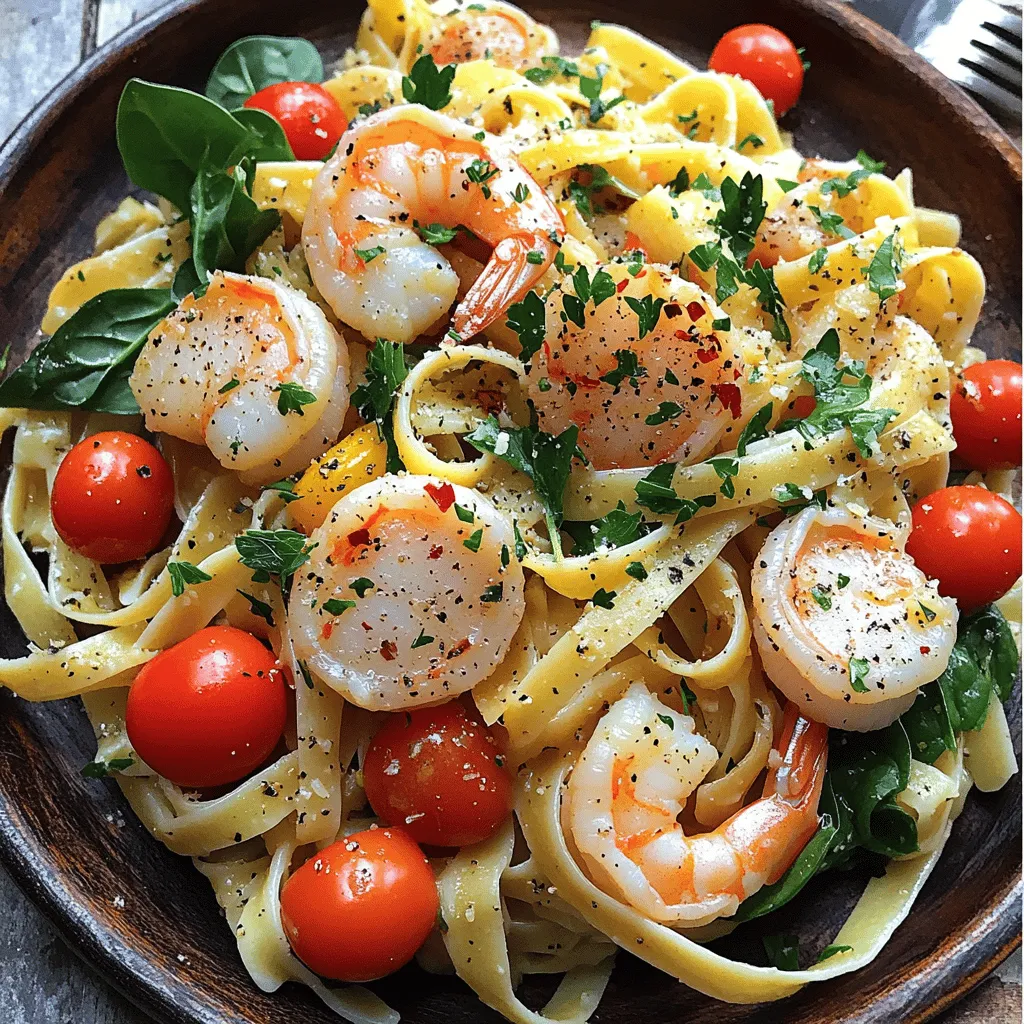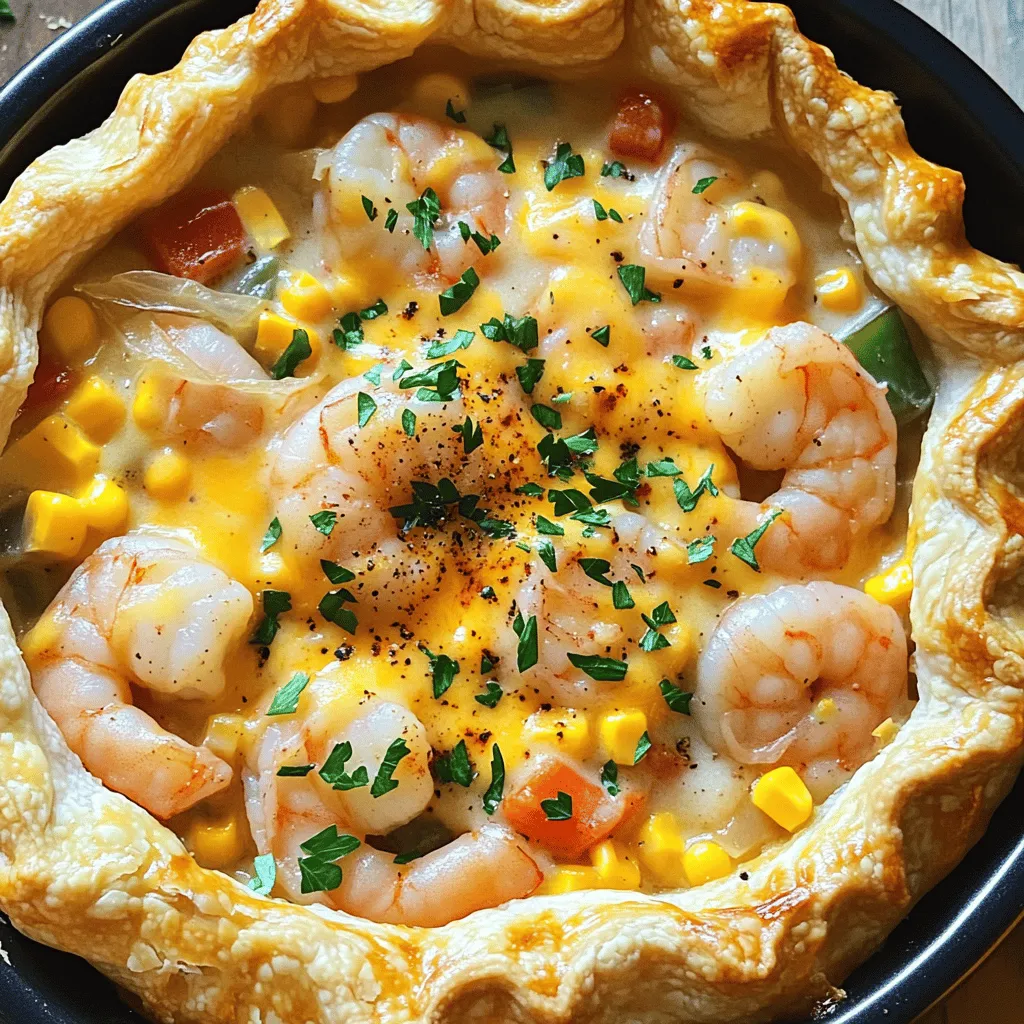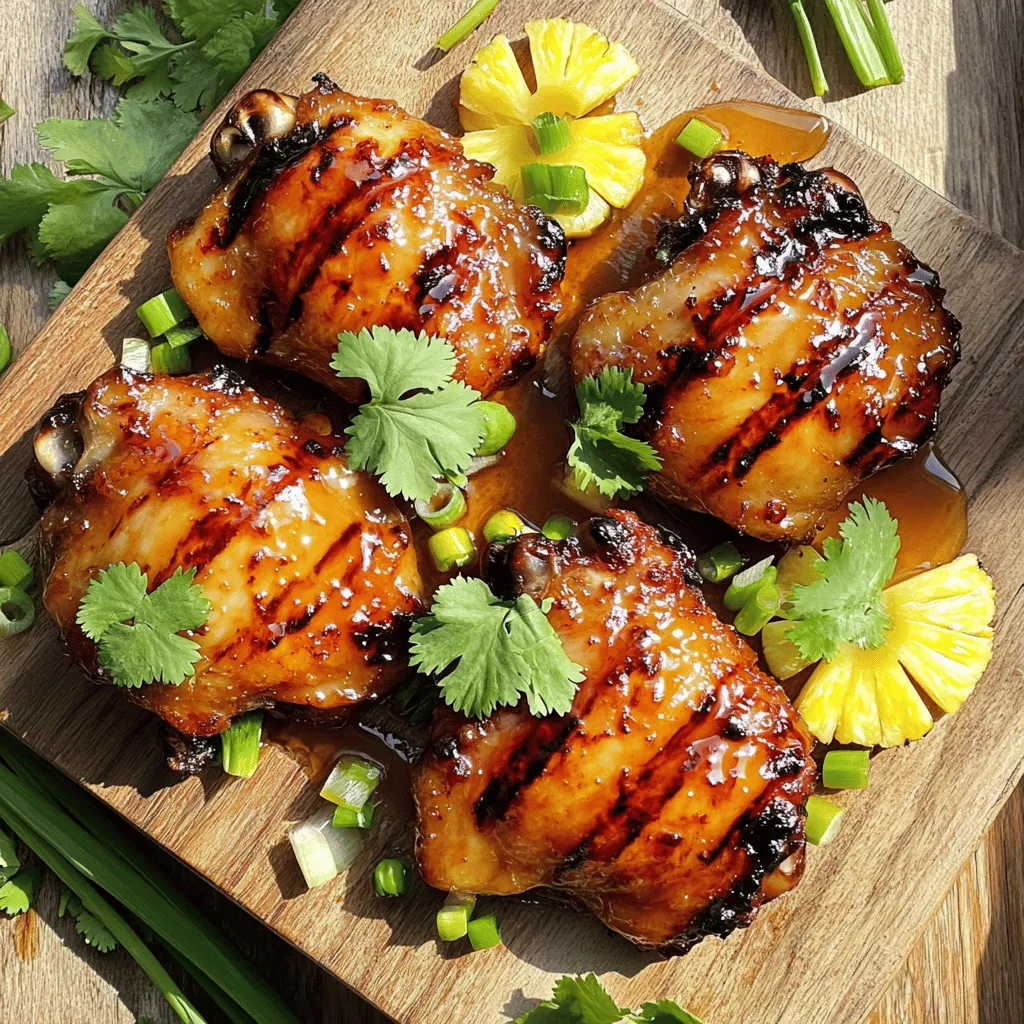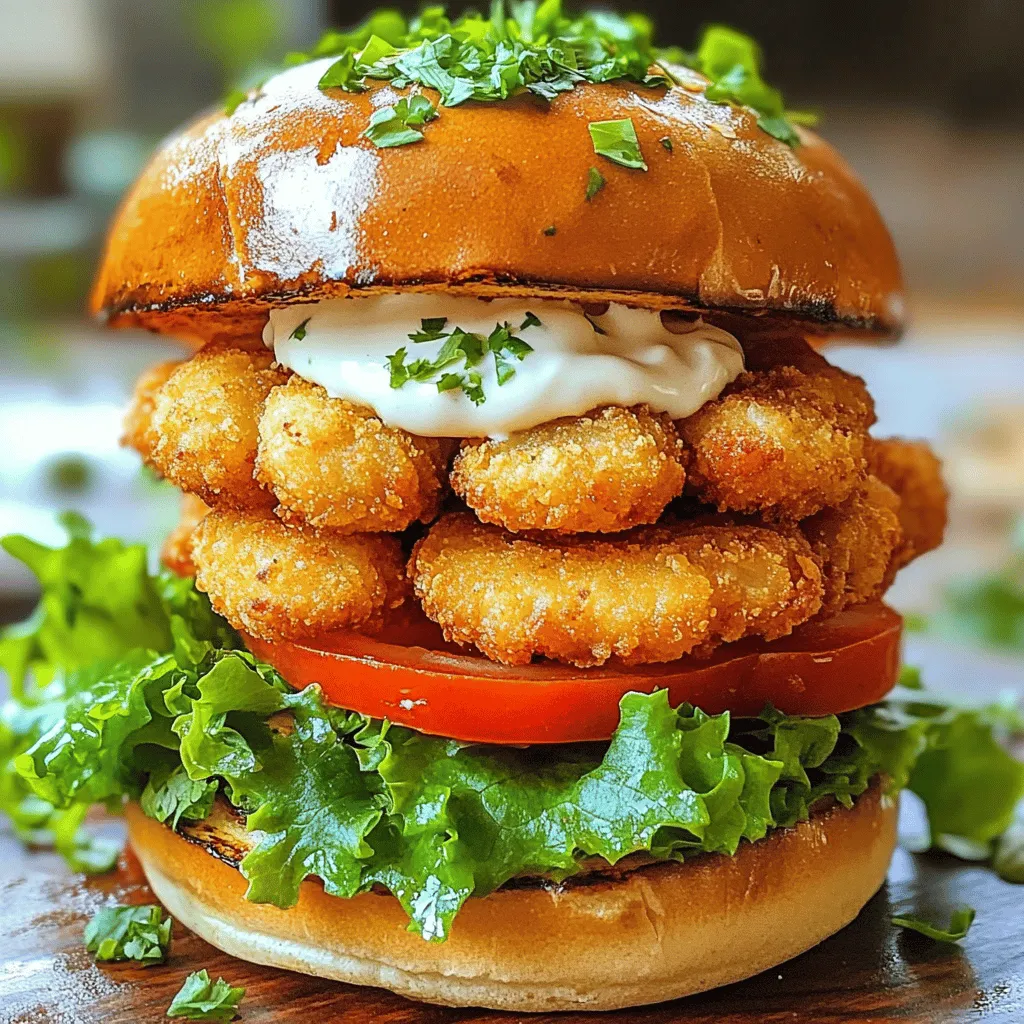Are you craving a dish that’s both quick and tasty? Look no further! This Shrimp Scallop Pasta recipe is simple yet satisfying, perfect for a weeknight dinner or a special occasion. I’ll guide you through each step, from selecting the freshest seafood to achieving creamy perfection. Get ready to impress your family and friends with a meal that’s quick, easy, and packed with flavor! Let’s dive into the ingredients!
Ingredients
Detailed Ingredient List
– Shrimp and Scallops: Types and Sizes
For this dish, use large shrimp and scallops. Large shrimp measure around 16-20 per pound. Scallops should be sea scallops, which are larger and more flavorful. Fresh seafood gives the best taste, but frozen works too. Just ensure they are thawed before cooking.
– Pasta Options: Spaghetti vs. Fettuccine
You can choose between spaghetti or fettuccine. Spaghetti is long and thin, while fettuccine is flat and wide. Both types hold sauce well. Spaghetti provides a classic feel, while fettuccine adds a touch of richness to the dish.
– Other Key Ingredients: Garlic, Tomatoes, Spinach
Garlic adds depth and flavor. Use three cloves, minced finely for the best taste. Cherry tomatoes bring a pop of sweetness. Halve them for even cooking. Spinach adds color and nutrition. Fresh spinach wilts nicely in the heat, adding a lovely green touch.
This combination of ingredients creates a fresh and savory experience.
Step-by-Step Instructions
Cooking the Pasta
How to Boil Pasta Perfectly
To boil pasta, start by filling a large pot with water. Add a generous pinch of salt. Bring the water to a rolling boil. Once boiling, add your pasta. Stir it gently to prevent sticking. Check the package for cooking time. Cook until the pasta is al dente. This means it should be firm but tender.
Importance of Reserving Pasta Water
Before draining the pasta, save about 1/2 cup of the pasta water. This water is starchy and helps your sauce stick to the pasta. It also adds creaminess when you mix everything together.
Sautéing Seafood
Best Practices for Sautéing Shrimp and Scallops
Use a large skillet to sauté your seafood. Heat the skillet over medium heat and add olive oil. Once hot, toss in minced garlic. Cook for about one minute until you smell the garlic. Then, add shrimp and scallops. Make sure not to crowd the pan. This helps them cook evenly.
Cooking Time for Perfectly Cooked Shellfish
Cook shrimp for about 2-3 minutes on each side. They should turn pink and opaque. Scallops also need about 2-3 minutes on each side. They should be firm and golden brown. Overcooked seafood can become rubbery, so watch the time closely.
Combining Ingredients
Mixing Techniques for Even Distribution
Once your seafood is ready, add halved cherry tomatoes and spinach. Stir everything in the skillet to mix the flavors. After a few minutes, the spinach will wilt and the tomatoes will soften. This adds color and freshness to your dish.
Tips for Achieving Creaminess with Cheese
After mixing in the cooked pasta, add reserved pasta water, lemon juice, and lemon zest. Sprinkle in grated parmesan cheese. Stir well to coat the pasta. The heat will help the cheese melt and create a creamy sauce. This is the key to a delightfully rich dish.
Tips & Tricks
Cooking Tips for Beginners
Avoiding Overcooking Seafood
Seafood cooks fast. To avoid overcooking shrimp and scallops, watch them closely. Shrimp turns pink and scallops become opaque when done. This usually takes about 2-3 minutes per side. If you see them curling tightly, they are likely overcooked. Remove them from heat as soon as they reach that perfect color. This keeps them tender and juicy.
Flavor Enhancements: Herbs and Spices
To boost flavor, add herbs and spices. Fresh herbs like basil or thyme work well. You can also use dried herbs. A pinch of red pepper flakes adds a nice kick, too. Lemon juice brightens the dish. It balances the richness of the seafood and pasta.
Presentation Tips
Garnishing with Fresh Parsley
Garnishing adds a special touch. Chop fresh parsley and sprinkle it on top. This adds color and freshness. It makes your dish look more inviting. You can also add extra parmesan cheese for a creamy finish.
Plating Techniques for Eye-Catching Dishes
How you plate matters. Use a large bowl or plate for your pasta. Twirl the pasta in the center. Then, layer the seafood and veggies on top. This creates height and makes the dish stand out. A splash of lemon zest can add a pop of color and aroma.
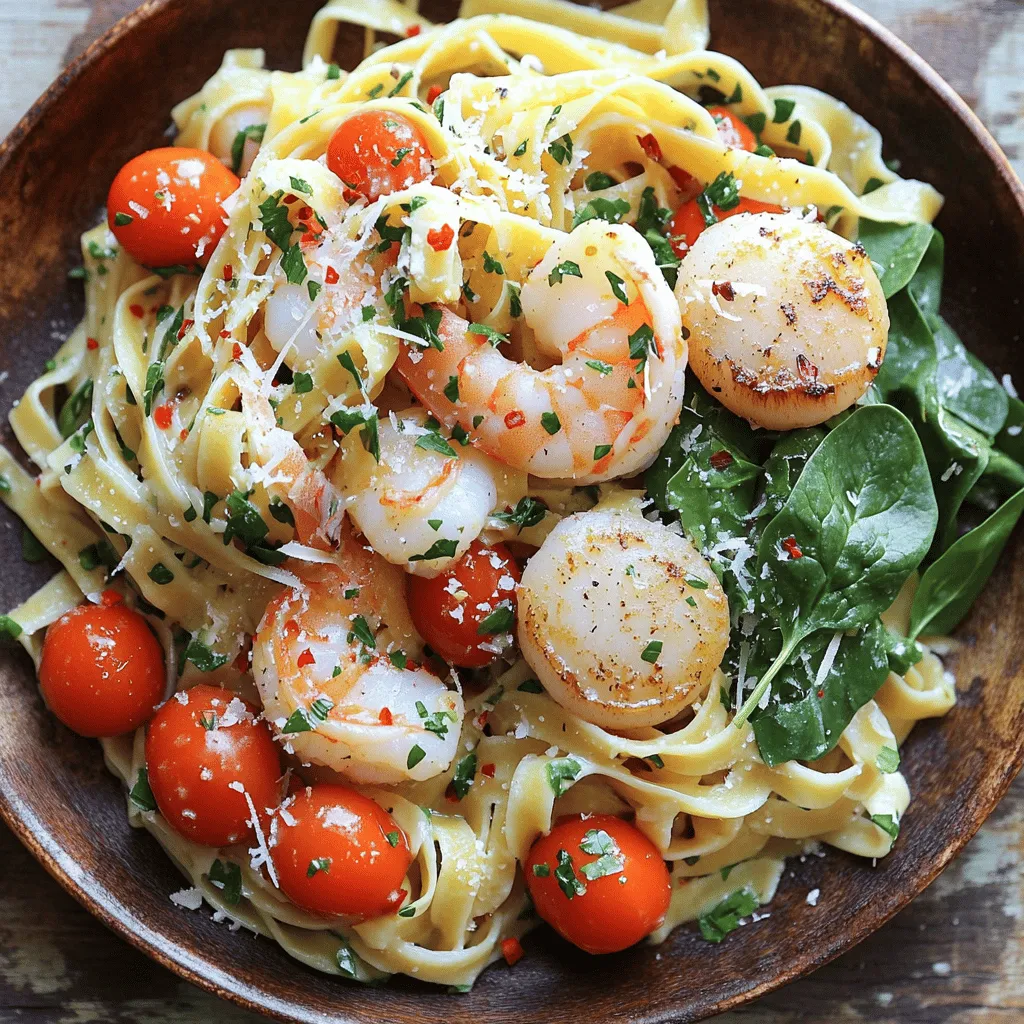
Variations
Ingredient Substitutions
You can easily swap seafood in this dish. If you want a different protein, try chicken or tofu. Cook the chicken until it’s golden brown. For tofu, press it first to remove excess water. This gives you more flavor and a better texture.
If you want a vegetarian version, you can skip the seafood. Use extra veggies instead, like bell peppers or mushrooms. They add great flavor and texture.
Regional Variations
For a Mediterranean-style shrimp scallop pasta, add olives and capers. Use fresh basil instead of parsley. This gives your dish a bright, herby taste. A splash of white wine adds depth.
If you like spice, try a spicy Cajun shrimp scallop pasta. Mix in Cajun seasoning and diced bell peppers. You can also add more red pepper flakes. This will give your dish a nice kick.
These variations keep the dish fun and interesting. You can adjust it to fit your mood or what you have on hand.
Storage Info
Refrigeration Guidelines
How long can you store leftovers? You can keep your shrimp scallop pasta in the fridge for up to three days. After cooking, let it cool for about an hour. Then, place it in an airtight container. This helps to lock in flavors and keep the dish fresh.
Proper packaging is key to maintaining freshness. Use glass or plastic containers with tight lids. If you have a lot of leftovers, divide them into smaller portions. This way, you can enjoy them later without losing quality.
Freezing Tips
What are the best freezing techniques for meal prep? Freezing shrimp scallop pasta is easy and great for meal prep. First, let the dish cool completely. Then, transfer it to a freezer-safe container. You can also use freezer bags, which save space. Make sure to remove as much air as possible to avoid freezer burn.
How do you thaw and reheat it? When ready to eat, thaw the pasta overnight in the fridge. If you need it quickly, you can use the microwave. Heat it in short bursts, stirring often. This helps to warm it evenly. Add a splash of water or olive oil to revive the sauce. Enjoy your tasty dish!
FAQs
Can I use frozen shrimp and scallops?
Yes, you can use frozen shrimp and scallops. They are convenient and often just as tasty. Always thaw them first. Place them in the fridge overnight or run them under cold water. This helps keep the seafood tender and juicy.
What type of wine pairs well with shrimp and scallop pasta?
A light white wine pairs best with shrimp and scallop pasta. Try a Pinot Grigio or Sauvignon Blanc. Both wines enhance the flavors of the seafood. They add a nice touch without overpowering the dish.
How can I make the dish spicier or milder?
To make the dish spicier, add more red pepper flakes or a dash of hot sauce. For a milder taste, simply reduce the amount of red pepper flakes. You can also skip the hot sauce. Adjust to your preference to create the perfect balance.
This blog post provided a full guide to making shrimp and scallop pasta. We discussed the best ingredients, cooking techniques, and creative variations. You learned how to prepare the pasta and sauté seafood perfectly. Following this guide helps you create a dish that tastes great and looks amazing. Don’t forget the storage tips to enjoy your meal later. With these insights, you can impress anyone with your cooking skills. Take these ideas and make a delicious meal today!
